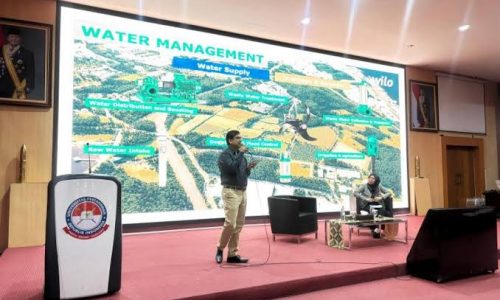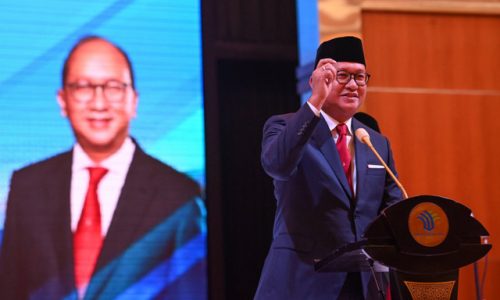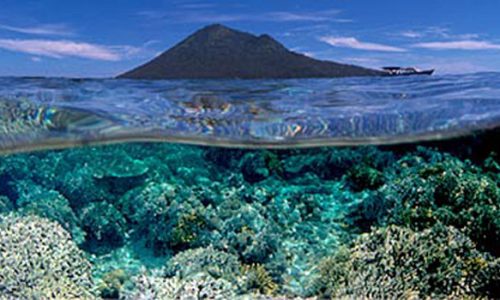The governments of Indonesian and Iran signed a preferential Trade Agreement (PTA) at the Bogor Palace, on Tuesday (23/5). The signing was carried out by the Indonesian Trade Minister Zulkifli Hasan and the Minister of Foreign Affairs of Iran Hossein Amirabdollahian, witnessed by Indonesian President Joko Widodo and Iranian President Seyyed Ebrahim Raisi.
The PTA is one of the 10 agreements signed during Iranian President Raisi’s state visit to Indonesia. The PTA covers 10 sectors ranging from health to trade.
During the press conference, President Jokowi stated that in the field of economy, Indonesia and Iran is exploring the formation of business-to-business (B to B) agreement, Nusantara State Capital development investment, and solution for oil and gas sector investment,
As part of the agreement, several key points were agreed upon, including that Iran will lower tariffs on imports of products like processed food and pharmaceutical products, textile, palm oil, coffee, and tea from Indonesia, while Indonesia will give easier and greater access to its market for Iranian oil and chemical products, metals and some dairy products.
Raisi and other officials said that Iran and Indonesia had also agreed on increased use of national currencies in bilateral trade. These swaps would provide Indonesia and Iran with the opportunity to engage in commodity trading while mitigating the impact of currency fluctuations, particularly the US dollar.
Advancing technology and energy sector development
At the meeting, President Jokowi also voiced his expectations for joint research cooperation, technology transfer, and assembly for railway signal technology.
Other matters that were agreed upon comprised eradication of the illicit trafficking of psychotropic narcotics and their precursors, collaboration in science, technology and innovation, and the assurance of halal product standards.
The discussions also discovered the development of the energy sector and regulation pertaining to pharmaceuticals, biological products, traditional medicine, cosmetics, and processed food products.
Additionally, various forms of cooperation were established, such as visa exemption for holders of diplomatic and service passports, mutual administrative assistance in customs matters, trade promotion initiatives, and an agreement on cultural exchange programs.
A look at Indonesia-Iran prospects for trade
Indonesian Trade Minister Zulkifli emphasized the importance of the agreement in generating momentum for Indonesia to expand exports to the Middle East.
According to him, the Indonesia-Iran PTA agreement is the second trade agreement with a Middle Eastern country for Indonesia after the Indonesia-United Arab Emirates Comprehensive Economic Partnership Agreement (IUAE-CEPA) that was signed in July 2022. As for Iran, this is the first trade agreement with a Southeast Asian country.
Indonesia has consistently viewed Iran as a promising trade partner within the Middle East region. From 2021 to 2022, Indonesia witnessed a notable 29.5 percent increase in exports to Iran, rising from US$187.2 million to US$242.5 million.
Iran presents a prospective market for various commodities, including fruits, vegetable oils, wood products, cars, and trains.
On the other hand, Indonesia offers opportunities as a potential market for Iran’s oil and gas-based products, power plants, and certain foodstuffs. With the recent agreement on tariff removal, commodity swaps, and preferential tariffs, both countries can now enhance their commodity transactions and intensify trade relations.









